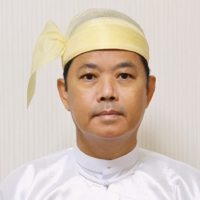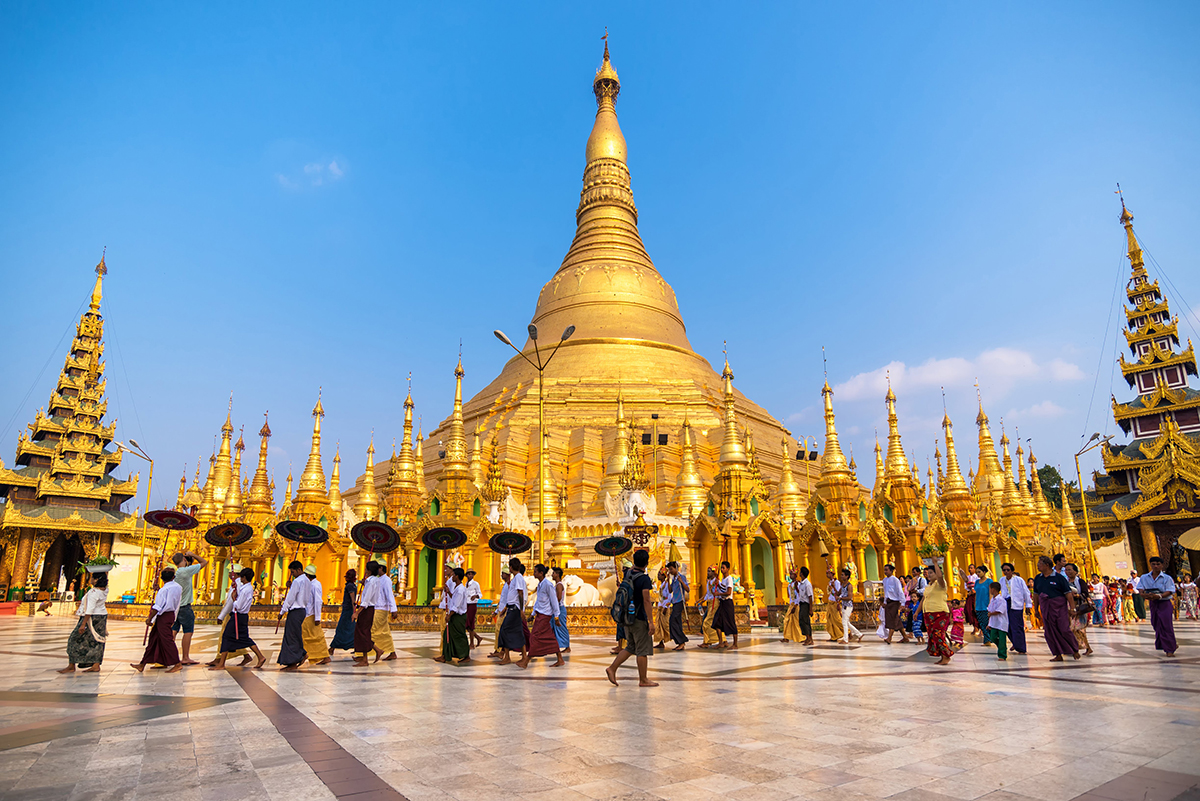
Since establishing diplomatic relations in December 1954, Myanmar and Japan have been enjoying cordial relations and close cooperation based on the principles of equality, mutual respect and mutual benefit. The year 2024 will mark the 70th anniversary of diplomatic relations between our nations. Strong people-to-people relations have also contributed to consolidating the long-lasting bonds of friendship and cooperation we have cherished.
Japan plays an important role in the socioeconomic development of Myanmar. Japan is the ninth-largest investor in Myanmar and the fourth-largest market for Myanmar exports. According to the Myanmar Investment Commission, foreign direct investment from Japan reached $2 billion as of September, accounting for 2% of Myanmar’s total FDI.

Promoting bilateral relations and cooperation between Myanmar and Japan brings mutual benefits to both the public and private sectors of the two countries. The Thilawa Special Economic Zone is one of our flagship projects. After officially opening in 2015, more than 100 investment projects have been approved to operate in the Thilawa SEZ. Accordingly, it has generated many employment opportunities for the Myanmar people.
To attract foreign investors to the Thilawa SEZ, the government of Japan and the Japan International Cooperation Agency helped build the legal framework for SEZ schemes, namely the Myanmar SEZ Law, which was enacted in January 2014, and the Myanmar SEZ Rules, which were adopted by the Cabinet in August 2015.

A private developer, Myanmar Japan Thilawa Development Ltd., built the comprehensive internal infrastructure, such as an industrial water supply system, a sewerage system, and wastewater and solid waste treatment facilities, to attract quality investment.
The Thilawa SEZ connects Yangon with Mandalay and other parts of Myanmar. It can be considered a gateway to the East-West corridor of Southeast Asia, which connects Myanmar to Vietnam via Thailand. I strongly believe that such cooperation programs will highly contribute to our government’s efforts to narrow the development gap between rural and urban areas.

One of the three main economic objectives of the Myanmar government is to develop a stable market economy and promote international investment to enhance the economic development of the people. Myanmar’s geostrategic location in the region provides the opportunity to become a new manufacturing base and logistics hub in Southeast Asia. Myanmar has ample room for economic growth, and as such, we hope Japan’s public and private sectors will continue to invest in Myanmar.
Myanmar highly values its relations and cooperation with Japan. Therefore, as the ambassador of the Republic of the Union of Myanmar to Japan, I would like to express my firm commitment to further strengthening the existing friendship and cooperation with both the public and private sectors of Japan, thereby increasing the mutual benefits to our countries and peoples.
Download the PDFs of this ASEAN-Japan 50th anniversary Special








